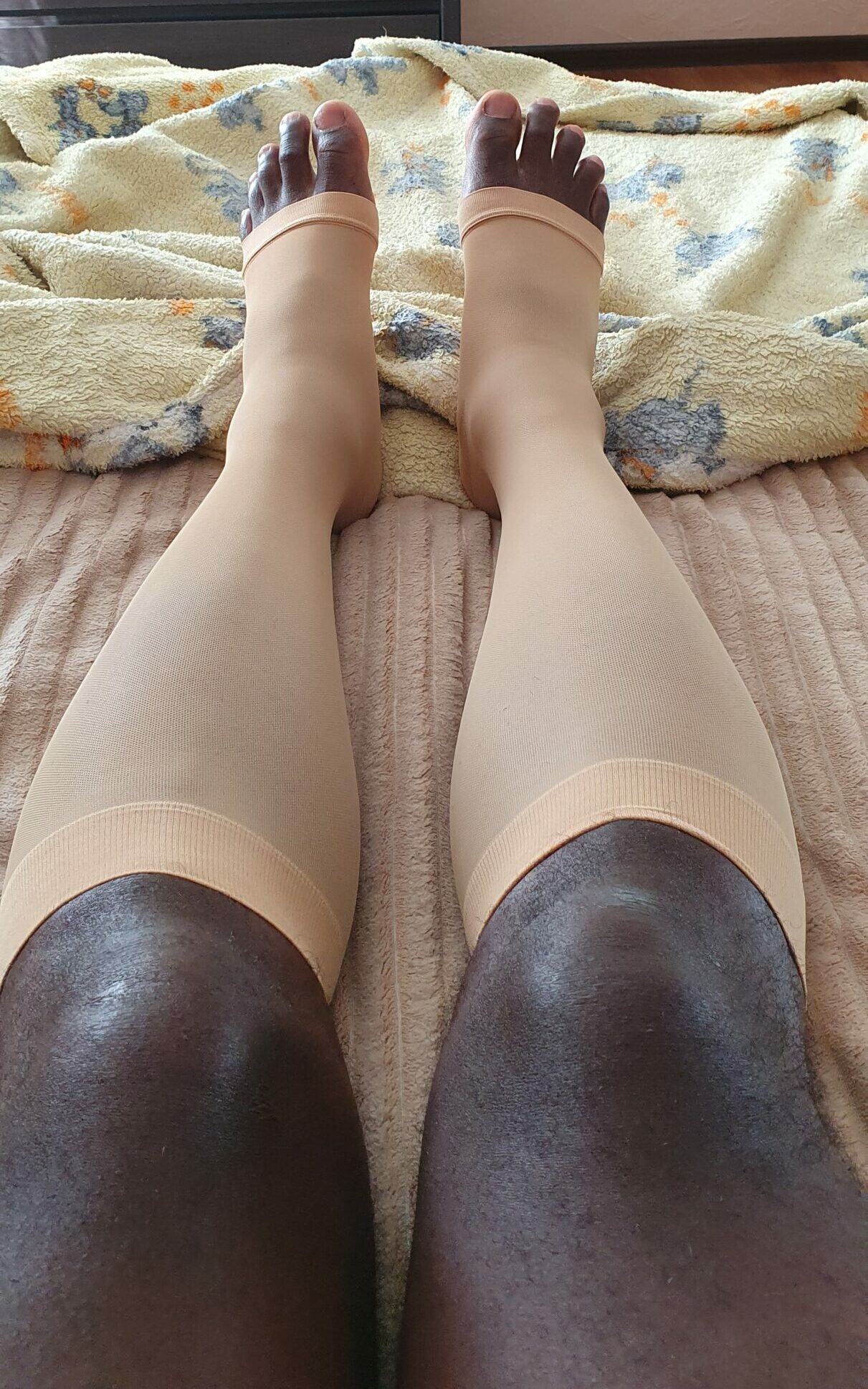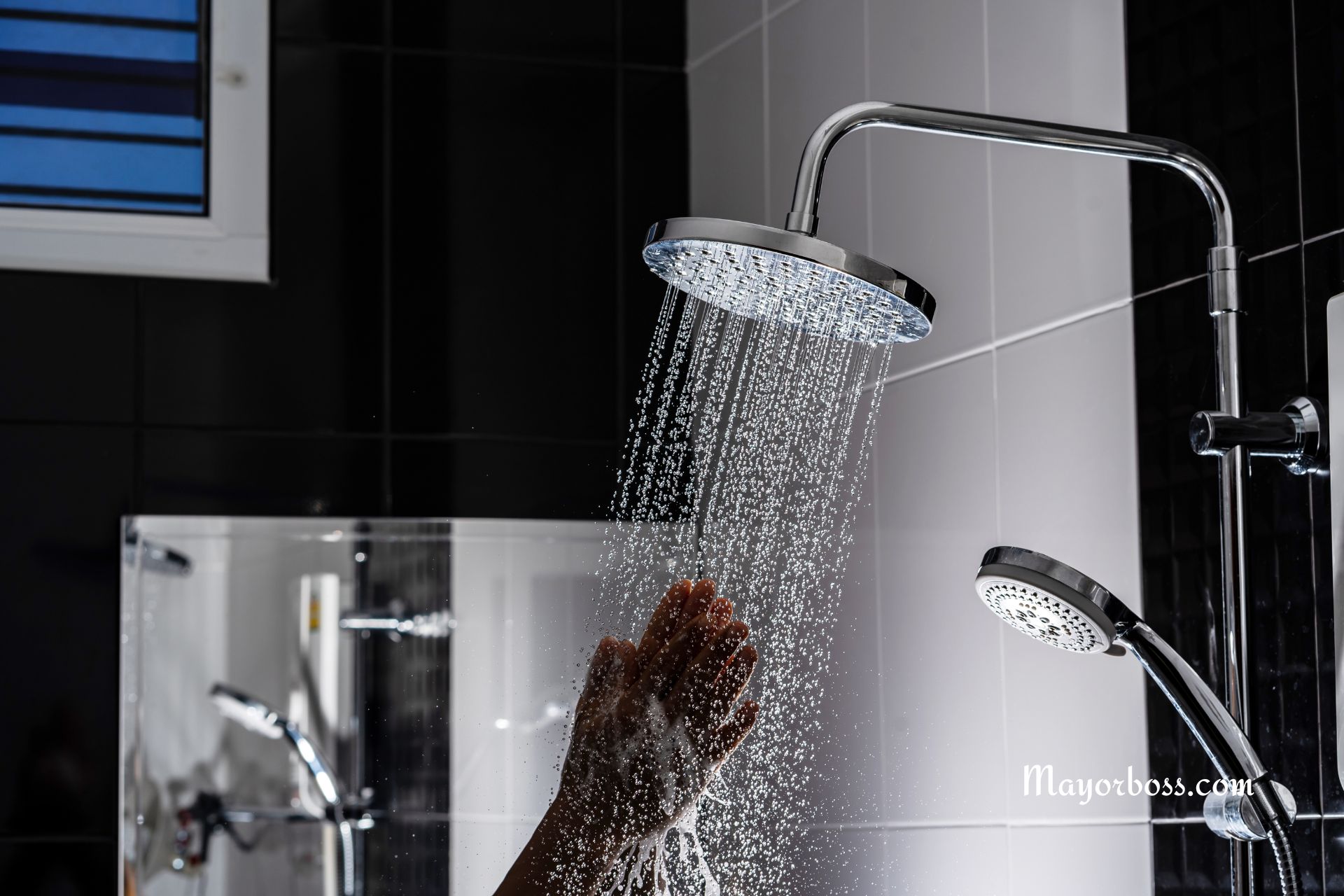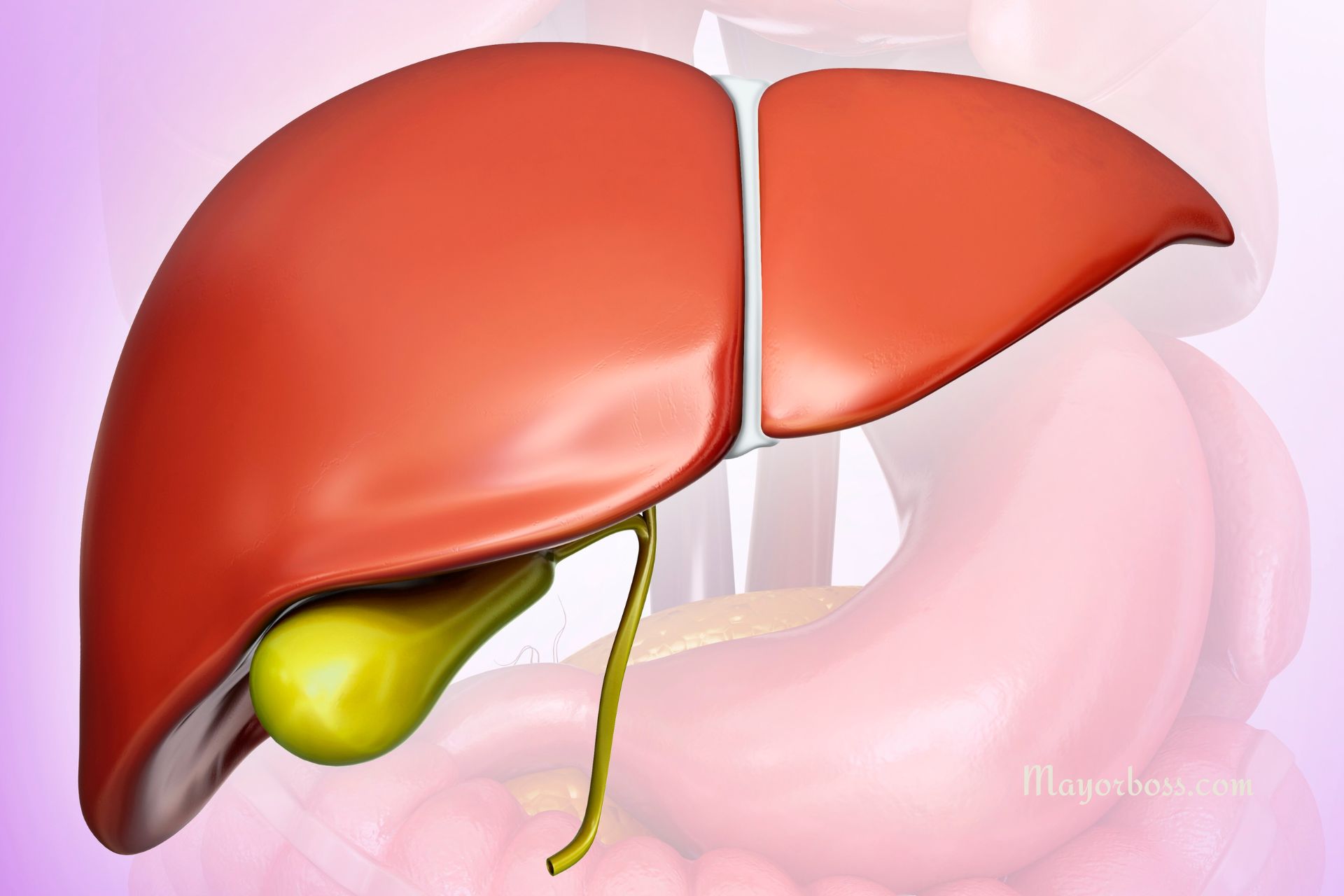4 Kidney Stones Symptoms At Night
Kidney stones, as the name suggests, are small, solid particles that form in your kidneys when certain minerals and salts gather and harden. These stone-like formations can vary in size and shape. Some are as small as a grain of sand, while others grow large enough to block the normal flow of urine. Most kidney stones are made of calcium, but some are formed from other materials like uric acid. Regardless of their makeup, they can cause similar symptoms.

While these stones can appear at any time, many folks find the symptoms especially bothersome during the nighttime. This article will explore four common kidney stone symptoms you may notice when you are trying to sleep.
1. Sharp Pain in the Back or Side
One of the most common symptoms of kidney stones is sudden, sharp pain. When this happens at night, it can jolt you awake from a peaceful sleep. Often called “renal colic,” this discomfort is felt in your lower back or along your side, just below your ribs. The pain can even spread toward your lower abdomen and groin area. If you find yourself waking up because of intense back or side pain, especially pain that comes in waves, you might be dealing with kidney stones.
Why does this happen? As a kidney stone moves through the narrow tubes (ureters) that connect the kidneys to the bladder, it can get stuck or scratch the lining. This creates intense irritation, which triggers painful spasms. During the nighttime, the body tends to be more relaxed, so any movement of a kidney stone can feel quite sharp and alarming. Unfortunately, lying down does not always ease the pain. If anything, changing position in bed might worsen your discomfort if it causes the stone to shift.
2. Frequent Urination at Night
Another symptom of kidney stones that may trouble you in the wee hours is frequent urination. Kidney stones can irritate the bladder or block the normal flow of urine, leading you to wake up to visit the bathroom more often than usual. Frequent trips to the toilet can interrupt your sleep and leave you feeling tired the next day.
What causes this problem? Small kidney stones can move closer to the bladder, irritating it and creating a strong urge to urinate. Even though the bladder might not be full, you may still sense a sudden need to go. These repeated wake-up calls can be frustrating, and they often add to the fatigue that comes from coping with a painful condition.
3. Blood in the Urine
A surprising sign you might notice during a night-time visit to the restroom is blood in the urine, also known as hematuria. If a kidney stone scratches the lining of the kidney or urinary tract, it can lead to bleeding. You may see your urine turning pink, red, or even brownish. Sometimes the bleeding is not visible to the naked eye but can be detected through medical testing.
When hematuria happens at night, it can be especially startling. Though it is not always severe, any amount of blood in your urine should be taken seriously. Kidney stones are a common cause, but other factors, such as infections or bladder issues, may also be involved. If you notice blood in your urine, be sure to speak with a medical professional promptly.
4. Nausea and Restlessness
If you have had to cope with a kidney stone moving around inside you, you know the feeling can be unsettling and sometimes nauseating. That upset feeling can worsen at night when you are lying down. You may feel queasy or even vomit if the pain grows too strong. The stress of this discomfort can also lead to restless tossing and turning, making sleep difficult.
Nausea is not unique to kidney stones, but in combination with sharp nighttime pain or bloody urine, it becomes a telling sign that you may be passing a stone. When these symptoms get in the way of your sleep, it is essential to consult your doctor or seek urgent care to pinpoint the cause and keep matters from getting worse.
Managing Kidney Stone Symptoms
If you suspect a kidney stone is causing your nighttime troubles, there are some steps you can take to gain relief:
- Stay Hydrated: Drinking water throughout the day and right before bedtime may help push the stone along. However, be mindful that too much fluid late in the evening might also increase bathroom visits.
- Use Heat: A warm compress on your back or side could ease pain and help loosen tense muscles.
- Over-the-Counter Pain Relievers: Medications like ibuprofen or acetaminophen can offer short-term comfort while you wait for the stone to pass.
- Contact Your Doctor: If the pain grows worse or you notice signs of infection (such as fever or chills), contact a health professional right away.
Final Thought
Kidney stones can strike when you least expect them, and their symptoms can feel even more distressing at night. Sharp back or side pain, frequent trips to the bathroom, blood in the urine, and nighttime nausea are clues that you might have a kidney stone. If these signs persist, a medical evaluation can help you find relief and keep small kidney stones from growing into larger, more troublesome issues. By staying hydrated and watching for warning signs, you can cut down on risks and keep your kidneys in good health, day and night.






